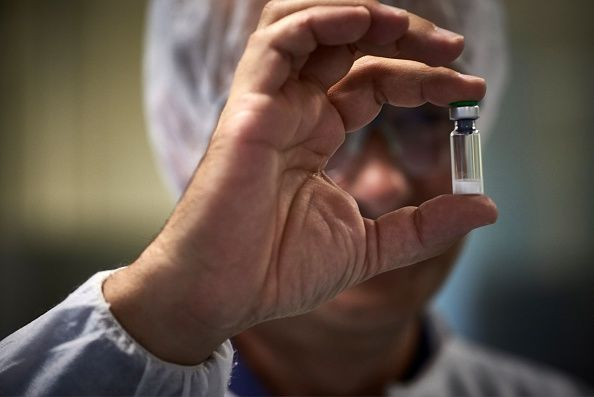Vaccination Controversy: France Most Skeptical Of Vaccines, Global Study Finds

A new study shows the French are the most skeptical when it comes to trusting the safety of vaccines. Researchers found that 41 percent of respondents in France believed vaccines were not safe, Science Magazine reported Friday.
The survey found residents in Southeast Asia were the most confident when it comes to vaccine safety. In the U.S., 8.8 percent of respondents questioned the importance of vaccines for children, while 13.5 percent were not confident they were safe. Meanwhile, 9.6 percent of Americans doubted the effectiveness of vaccines and 10.5 percent were concerned with vaccinations because of their religious beliefs.
After recent outbreaks of whooping cough, measles and other infectious diseases in places where confidence in vaccinations are low, the scientist completed the study to help policymakers tackle these problems further, Reuters reported Thursday. The study led by Heidi Larson of the Vaccine Confidence Project at the London School of Hygiene & Tropical Medicine surveyed nearly 66,000 people across 67 countries to find out whether residents considered vaccines important, safe, effective and compatible with the religious beliefs.
"It is vital to global public health that we regularly monitor attitudes towards vaccines so we can quickly identify countries or groups with declining confidence," Larson said of the findings published in the journal EBioMedicine. "This gives us the best chance of preventing possible outbreaks of diseases."
The refusal of vaccinations has been linked to outbreaks of diseases like measles in the Pacific, the United States, Africa, Europe and Asia over the past few years. Other countries that lack confidence in vaccinations include Slovenia, Russia, Ukraine, Armenia, Bosnia, Greece and Herzegovina.
"This ...shows that vaccine acceptance is precarious," said Larson, adding that scientists and public health authorities need to "do much better at building public trust."
© Copyright IBTimes 2024. All rights reserved.






















